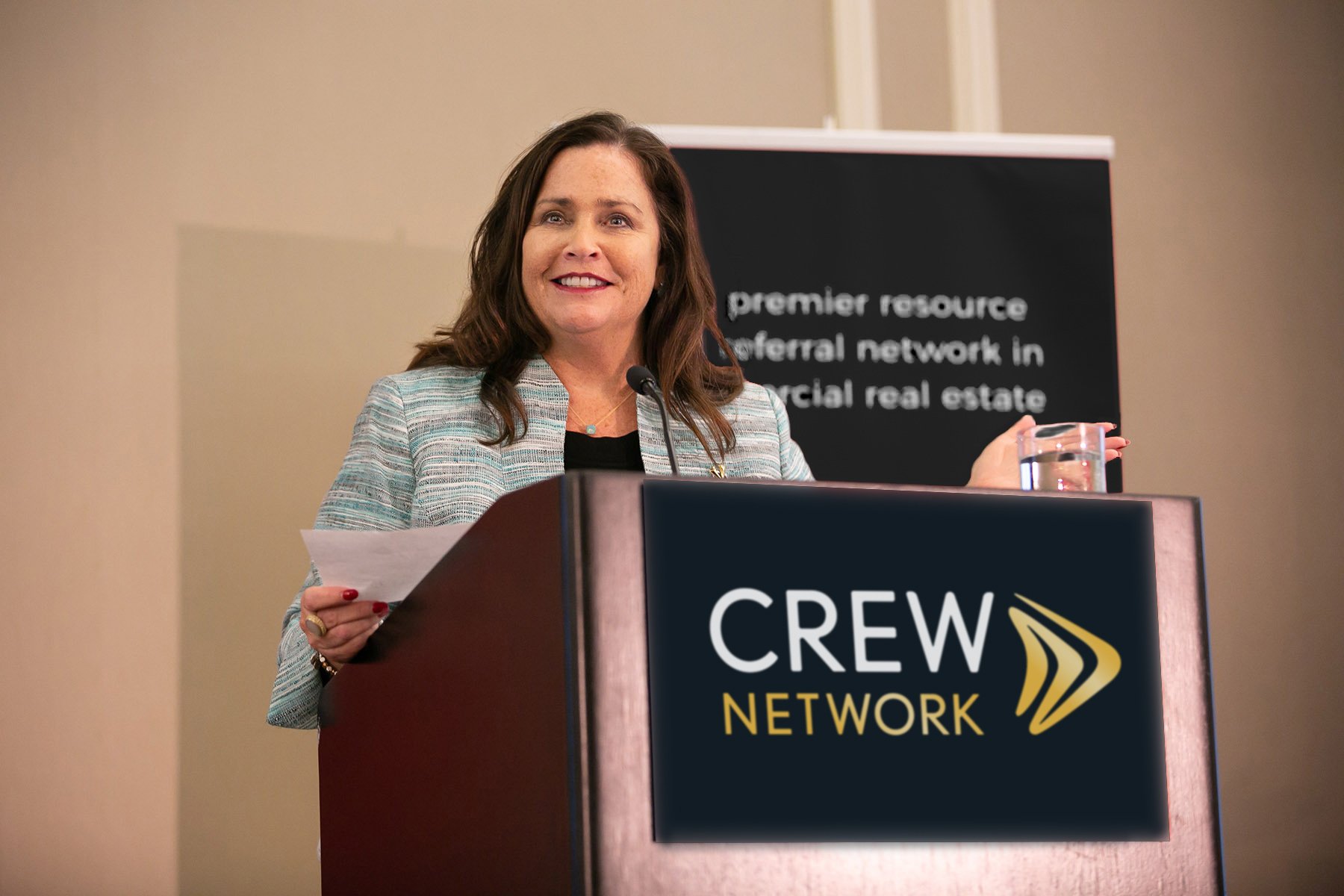African American Real Estate Professionals LA, a non-profit focused on promoting diversity and inclusion in the commercial real estate industry, has announced its executive and advisory board members and has appointed new officers to its board of directors.
James Malone of JLL Los Angeles and Matthew Gates of In The Building LA have been named governing board members, and Troy S. Jenkins of Avison Young, Sherri Brewer of OneUnited Bank and Frederick White of the City of Los Angeles are advisory board members. In addition, William Yarbro of Keller Williams Commercial Inglewood, Kimberly Brown, Alicia Bramble of Brilliant Corners and Michael Tidwell of Cushman & Wakefield, will serve as the organization's officers for 2021.
While many companies have adopted diversity, equity and inclusion strategies this year, Brown highlights the importance of diversity both within a company's workforce and in suppliers—a side of diversity that is often overlooked. "DEI has become a high trending topic this year," says Brown. "Many in the industry are unaware that DEI is two-fold—workforce diversity and supplier diversity. While there has been much focus of late on workforce and workplace diversity, the supplier diversity and marketplace initiatives have been in effect in some corporations for decades. A few have achieved $1 billion in annual spend resulting in membership into the prestigious Billion Dollar Roundtable. One example is CBRE—AAREP LA's key sponsor—which recently announced its $3 billion commitment to supplier diversity.
Recommended For You
Brown was most recently managing director at JRT Realty Group, a certified WBE, but will join Cushman & Wakefield as a managing director of business development at the beginning of next year. Cushman & Wakefield recently hired Nadine Augusta as chief diversity, equity and inclusion officer to grow its DEI platform. Brown is also a founding member of AAREP LA and will serve as the organization's VP next year.
Supplier selections are often driven by operational expenses—namely keeping those costs low. "Real estate has traditionally found success in meeting spend goals with low-margin commodity property services. Now with the wide spread understanding of the benefits of DEI, commercial real estate is beginning to recognize the need to engage professional services across the spectrum—transactions, consulting, investment and development, fund management including social impact, capital raising and private equity," says Brown.
Achieving supplier diversity spend goals should now begin with professional services through inclusive sourcing. Brown calls these services "vitally important," saying, "Those benefits include promoting innovation, providing multiple procurement channels, driving competition. No longer is it acceptable to stop at the janitorial vendor—traditionally the lion's share of a real estate spend."
Commercial real estate firms should partner with professional services companies that align with diversity strategies. According to Brown, those companies include brokerage firms, institutions, fortune-ranked companies, global occupiers and investment firms.
© Touchpoint Markets, All Rights Reserved. Request academic re-use from www.copyright.com. All other uses, submit a request to [email protected]. For more inforrmation visit Asset & Logo Licensing.




